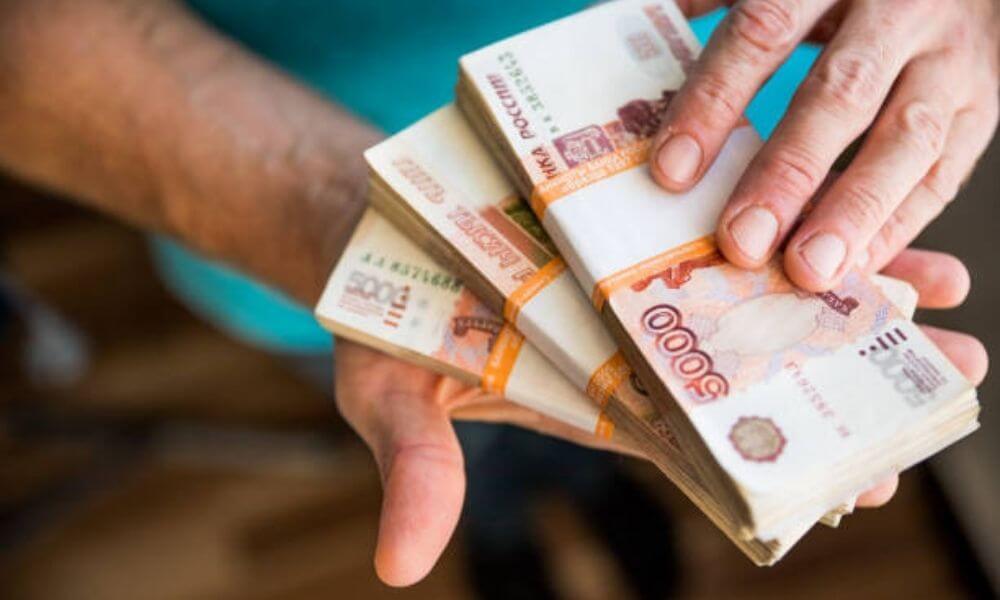
(Reuters) - The Russian rouble weakened on Wednesday, reversing gains made the previous day and heading back towards 80 to the dollar as investors took stock of Western sanctions imposed on Russia for ordering troops into separatist regions of eastern Ukraine.
The United States, the European Union, Britain, Australia, Canada and Japan responded to President Vladimir Putin's recognition of separatist enclaves in the Donbas region of eastern Ukraine with plans to target banks and elites while Germany froze a major gas pipeline project from Russia.
British Foreign Secretary Liz Truss, announcing more measures on Wednesday, said Britain would stop Russia from selling sovereign debt in London.
By 1045 GMT, the rouble was 0.9% weaker against the dollar at 79.51 and had lost 0.9% to trade at 90.23 against the euro.
Russia was celebrating the Defender of the Fatherland public holiday on Wednesday, with many traders away from their desks, but some trading went on.
The initial round of new sanctions stopped short of targeting major financial institutions, meaning their impact could be rather symbolic.
The United States broadened restrictions on the trading of Russian government debt, prohibiting participation in the secondary market for bonds issued after March 1, a move that analysts said might have a moderate impact near-term but could be a step towards a harsher measure.
Russia's finance ministry on Wednesday said it would offer only a new series of OFZ government bonds from now on, in response to Washington's move.
Russian dollar bonds extended their losses, with longer-dated issues dropping more than 4 cents to trade in their low 90s, Tradeweb data showed.
Some of Ukraine's dollar bonds fared even worse with the 2032 issue dropping 5.5 cents to trade at 66.37 cents in the dollar.
 Hot Topic
Hot Topic
Euro Gains On Potential Biden-Putin Summit
Gold Down On A Rise In Treasury Yields After U.S. And European Sanctions On Russia
The premium demanded by investors to hold Russian and Ukrainian debt over safe-haven U.S. Treasuries also widened sharply to 391 basis points and 1280 bps respectively - both at their widest level since 2015
Brent crude oil, a global benchmark for Russia's main export, was down 0.5% at $96.41 a barrel.
Russia's dollar-denominated RTS index was down 0.4% to 1,222.2 points.